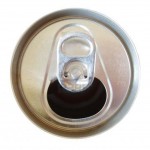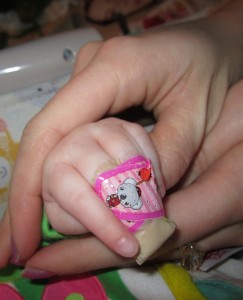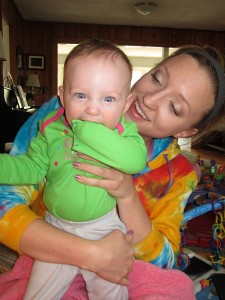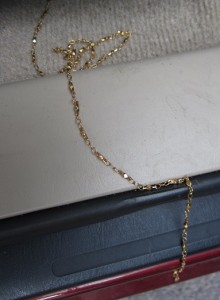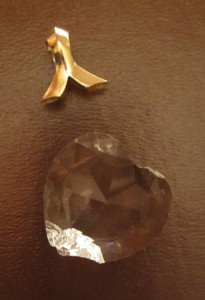Most of today’s news reports included breaking details of the Boston bombings. One interview I heard featured a psychologist named Jeff Greenberg whose specialty is studying people who’ve been forced (by events) to face their own mortality. It might be a terminal disease or something like the 9/11 attacks… or the bombs at Monday’s Boston Marathon.
This morning he said, “When these things happen, it reminds you of the fragility of life, and that death is something that can happen very suddenly and unexpectedly.”
He detailed specific, predictable thought patterns people have as they try to cope with what just happened. One of the first things everybody thinks is, “How vulnerable am I?” This goes for those in the Boston area as well as the rest of us who’ve been following them on national news.
Immediately after the question about vulnerability, Mr. Greenberg says we move into firm mental denial: “Most likely I’m safe.”
We might begin blanketing our heightened concerns with a new level of attempted control: locking our doors more carefully, driving with greater care, avoiding crowds, gathering supplies for emergencies. By putting safety measures in place, we’re trying to make sure nothing unexpected gets to us. We think, “Because I’m proactive, I’ll always be safe.”
In the light of day and with intelligent thought, however, we know this isn’t true. None of us are immune to adversity.
This morning I also heard the story of two brothers and their friend, a trio of pals waiting together near the marathon finish line. After the explosions, the brothers had each lost one leg, and their friend had lost both. Their anguish must have been crushing, and the agonies ahead for all three of them can’t even be estimated.
Yet as the newscaster reported, once these young men were in the hospital, they were far more concerned about the welfare of each other than themselves. During the weeks and months to come, they’ll be cheering each other on while trying to share the burdens of their buddies, rejoicing together at every recovery milestone. Their futures will be different from their pasts, but the prognosis for all three is bright, partly because they have each other.
God wants to partner that same way with every person injured during the bombings. He offers himself as encourager, sustainer, leader, and friend. His desire is to “stick closer than a brother.” (Proverbs 18:24) Not one of those injured on Monday needs to suffer through recovery alone after an offer like that.
 Jeff Greenberg described how people become newly sensitive to their belief systems whenever they “look death in the face.” Monday’s bombings are another reminder, he says, that death is coming, and there’s no way around it.
Jeff Greenberg described how people become newly sensitive to their belief systems whenever they “look death in the face.” Monday’s bombings are another reminder, he says, that death is coming, and there’s no way around it.
Because of that, isn’t this the perfect time to say yes to God?
“After you have suffered a little while, the God of all grace, who has called you to his eternal glory in Christ, will himself restore, confirm, strengthen, and establish you.” (1 Peter 5:10)


